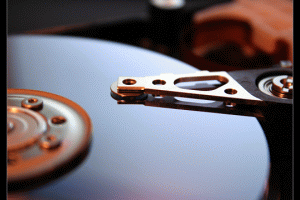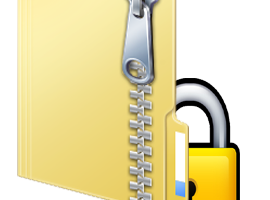How do i give users an ftp only account (no telnet, etc).?
give them shell which doesn’t work, but is listed in /etc/shells
for example /bin/false…
The ErickAbuzo.com Official BlogSite
give them shell which doesn’t work, but is listed in /etc/shells
for example /bin/false…

Get faster file transfer by using 32-bit transfers on your hard drive in Linux Machines
Just add the line:
hdparm -c3 /dev/hdX
to a bootup script.
If you use SuSE or other distros based on SYS V,
/sbin/init.d/boot.local
should work for you.
This enables 32-bit transfer on your hard drive. On some systems it can improve transfer performance by 75%.
To test your performance gain, type:
hdparm -t -T /dev/hdX

From a newbie to another, here is a short script that eases looking for and viewing howto documents. My howto’s are in /usr/doc/faq/howto/ and are gzipped. The file names are XXX-HOWTO.gz, XXX being the subject. I created the following script called “howto” in the /usr/local/sbin directory:
#!/bin/sh
if [ “$1” = “” ]; then
ls /usr/doc/faq/howto | less
else
gunzip -c /usr/doc/faq/howto/$1-HOWTO.gz | less
fi
When called without argument, it displays a directory of the available howto’s. Then when entered with the first part of the file name (before the hyphen) as an argument, it unzips (keeping the original intact) then displays the document.
For instance, to view the Serial-HOWTO.gz document, enter:
$ howto Serial

You probably compiled the program into a binary named test, didn’t you? Linux has a program called test, which tests if a certain condition is true, it never produces any output on the screen. Instead of just typing test, try: ./test

If you’re like me, you have a list with 430 subscribers, plus 100+ messages per day coming in over UUCP. Well, what’s a hacker to do with these huge logs? Install chklogs, that’s what. Chklogs is written by Emilio Grimaldo, grimaldo@panama.iaehv.nl, and the current version 1.8 available from http://ftp.iaehv.nl:/pub/users/grimaldo/chklogs-1.8.tar.gz. It’s pretty self explanatory to install(you will, of course, check out the info in the doc subdirectory). Once you’ve got it installed, add a crontab entry like this:
# Run chklogs at 9:00PM daily.
00 21 * * * /usr/local/sbin/chklogs -m

When Linux boots, one of the initialisation scripts will run the /sbin/hwclock program to copy the current hardware clock time to the system clock. hwclock will assume the hardware clock is set to local time unless it is run with the –utc switch. Rather than editing the startup script, under Red Hat Linux you should edit the /etc/sysconfig/clock file and change the “UTC” line to either “UTC=true” or “UTC=false” as appropriate.